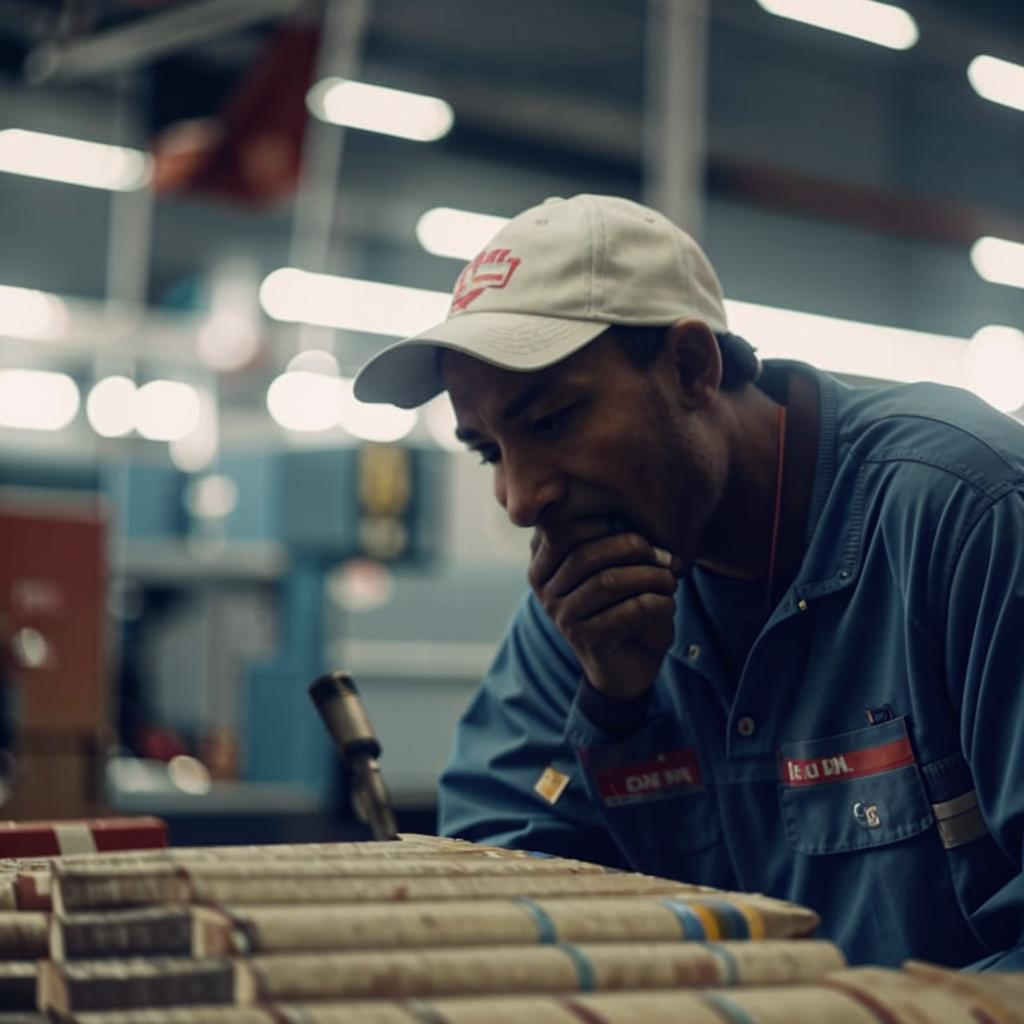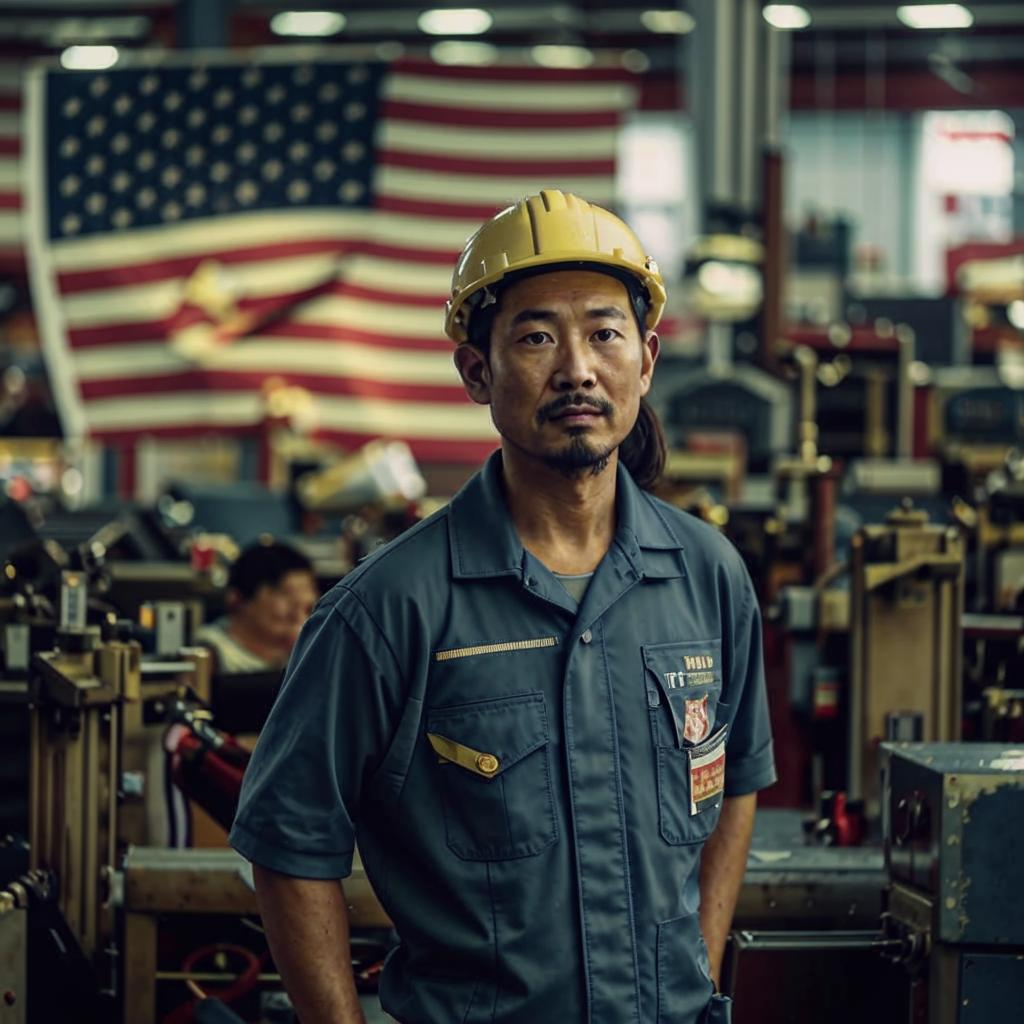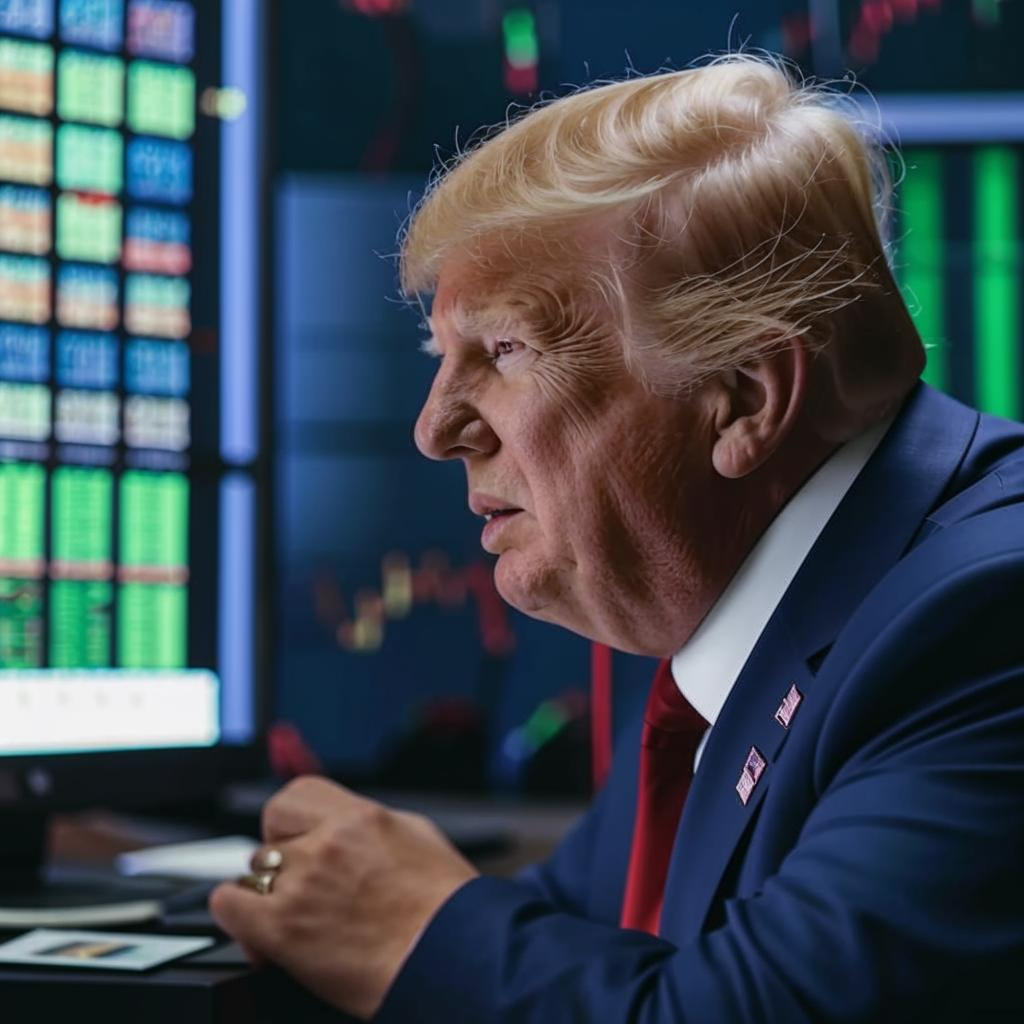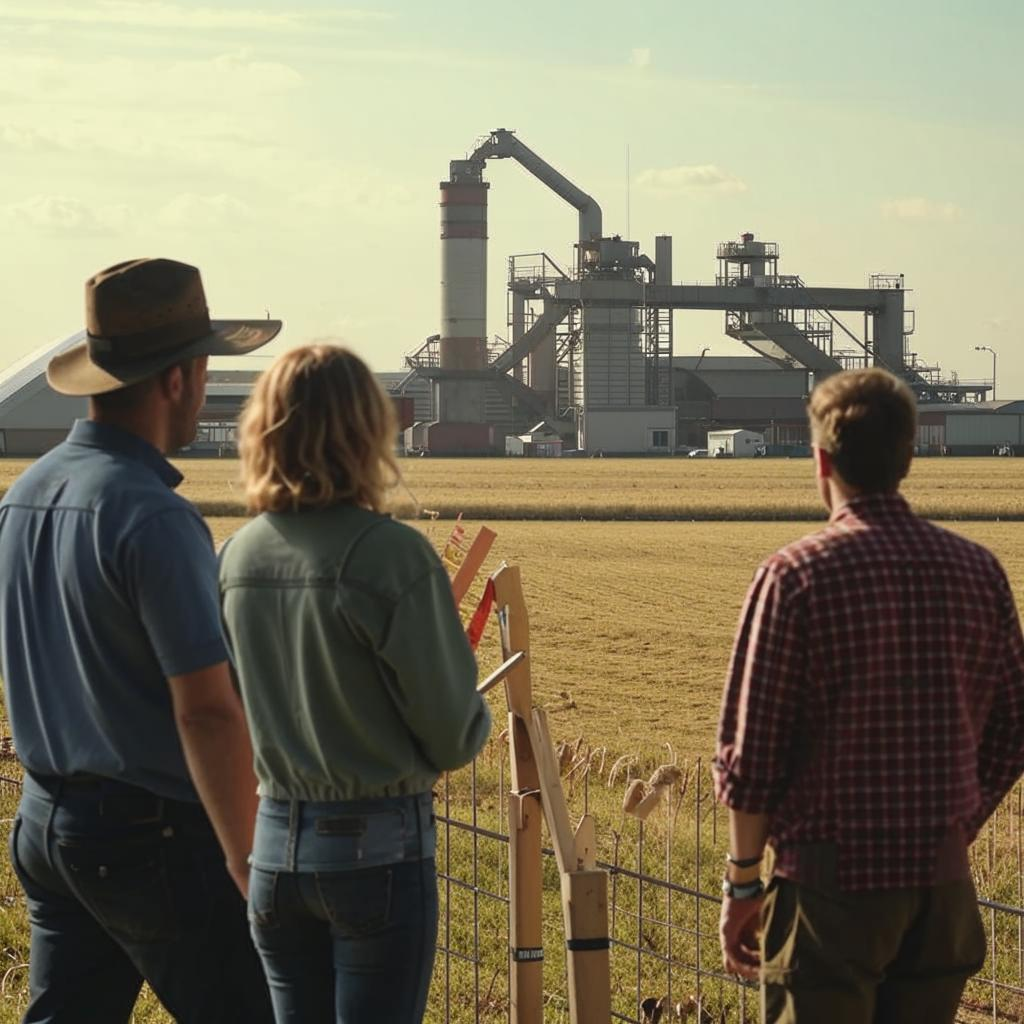The trade war’s full impact is yet to be felt by many, but economists warn that the pain is coming. Initially, tariffs were absorbed by businesses, and supply chains showed resilience. However, these buffers are diminishing. As companies exhaust existing contracts and face sustained higher costs, they will inevitably pass these costs onto consumers.
This means higher prices for everyday goods, from clothing to electronics. Businesses may also delay investments or slow hiring, impacting job growth. Certain sectors, particularly those reliant on imported materials or exporting to countries involved in the trade war, will be hit harder.
The delayed impact is also due to the time it takes for businesses to adjust their supply chains. Shifting production to different countries or finding new suppliers is a complex process. However, as these adjustments occur, the economic landscape will shift.
Furthermore, the uncertainty surrounding trade policy is a significant factor. Businesses are hesitant to make long-term investments when the rules of the game could change at any moment. This uncertainty dampens economic activity and contributes to slower growth. It’s like a slow-motion car crash – the effects are coming, and preparation is key.
Finishtit












